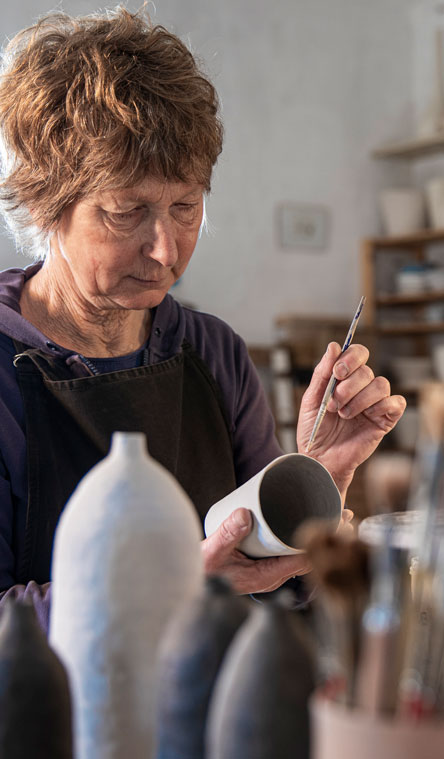These five steps can improve mental health and wellbeing. Approved by the NHS and Mind, trying these simple things could help us feel more positive more of the time and get the best out of life.
1. Connect with People
Positive relationships are important to mental wellbeing. They help to give us a sense of belonging, they allow us to share positive experiences and they provide emotional support – as well as enabling us to support others.


- if you can, make time each day to be with your family or friends
- arrange to see friends you haven’t seen in a while
- turn the telly off, put your phone down and talk – to your kids, your family, your mates
- go and see a friend or family member who might need support or just some company
- volunteer at a local community group – there are loads in Runcorn and Widnes who’d be grateful if you could spare a few hours
- video chats are a great way to stay in touch with people who don’t live nearby

Don’t rely on technology or social media alone to build relationships. It’s easy to get into the habit of only staying in touch by social media or WhatsApp – they’re not a patch on face-to-face chats.
2. Be Physically Active
Being active isn’t just great for physical health, it can improve your mental wellbeing by causing chemical changes in the brain which can improve your mood, by raising self-esteem and by helping to set goals and achieve them.


- walking, running and aerobic exercises can help you get moving and improve your fitness
- strength and flexibility exercises can increase muscle strength and reduce joint pain
- if you use a wheelchair, fitness advice is available from the NHS here

Don’t feel you have to spend hours in a gym. Find activities you enjoy and make them part of your life.
3. Learn New Skills
Learning new skills can improve your mental wellbeing by helping you to connect with others, boosting confidence and building a sense of purpose. Even if you feel like you don’t have enough free time, or you may not need to learn new things, there are lots of ways to bring learning into your life:


- learn to cook something you haven’t tried before
- take on a new responsibility at work
- work on a DIY project – fix the garden gate that’s been sticking for months or try something bigger like giving a room a new look – there are plenty of YouTube videos with hints and tips
- sign up for a course at a local college – maybe learn a language or a practical skill like plumbing
- try new hobbies that challenge you – write a blog, try a new sport or learn to paint

Don’t feel you have to work towards qualifications or sit exams if you don’t want to – just find an activity you enjoy and go for it.
4. Give to Others
Acts of giving and kindness can improve mental wellbeing by creating positive feelings and a sense of reward. They give us a feeling of purpose and self-worth and help us connect with other people. It could be small acts of kindness towards other people or larger ones like volunteering in the community.

- say thank you to someone for something they’ve done for you
- ask friends, family or colleagues how they are and really listen to their answer
- spend time with friends or family who need support or company
- offer to help someone you know with some DIY or a project
5. Mindfulness
Mindfulness is about paying more attention to the present moment – this includes our thoughts and feelings, our body and the world around us. Mindfulness can help us enjoy life more and understand ourselves better – positively changing the way we feel about ourselves, about life, relationships and how we approach challenges.

Notice the everyday – sensations like food or even the air moving around your body as you walk.
Keep it regular – pick a regular time, such as a journey to work or an evening walk, when you can choose to be aware of the sensations of the world around you.
Name thoughts and feelings – develop an awareness of thoughts and feelings. It might be helpful to silently give them names: “Here’s that thought of getting something wrong” or “This is anxiety”.
Watch your thoughts – some people find it tricky to practise mindfulness. As soon as they stop what they’re doing, lots of thoughts and worries creep in.
It might be useful to remember that mindfulness isn’t about making negative thoughts go away, but about seeing them as mental events that come and go. This can be hard at first, but with a bit of persistence it is possible. Some people find that it is easier to cope with an over-busy mind if they’re on a walk or doing gentle yoga. If it doesn’t work for you, that’s fine. Mindfulness isn’t for everyone so if you don’t feel it’s improving your life, or if it’s making things worse, stop.
Like most things in life, it’s usually worth trying.















